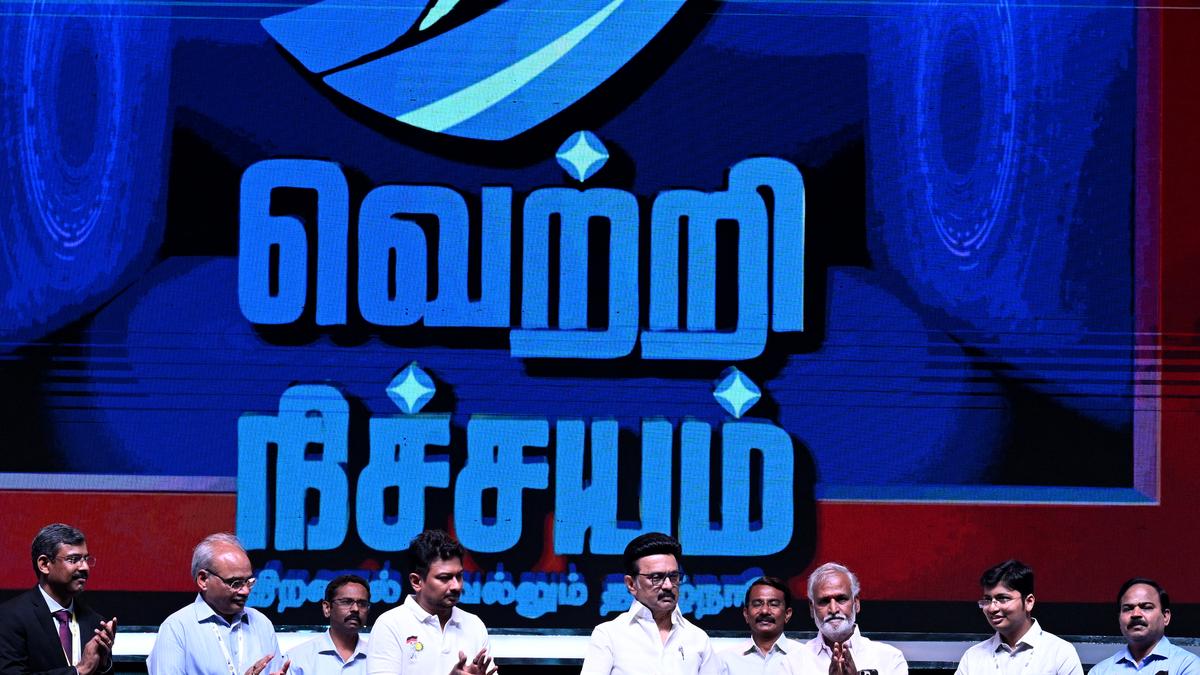ARTICLE AD BOX
Last Updated:July 01, 2025, 16:19 IST
The court set aside MHA's decision to deny FCRA licence renewals to two Chennai-based NGOs—Ellen Sharma Memorial Trust and Sharma Centre for Heritage Education.

The NGOs, which have been working since the 1980s to provide education and health services to underprivileged children, had been denied renewal of their registrations under the Foreign Contribution Regulation Act (FCRA), 2010 in December 2021.
The Madras High Court recently observed that not every institution receiving foreign contributions should be approached with suspicion. “Unless there are serious violations of misuse of foreign contribution, the authorities must deal with it with an open mind," court said.
Highlighting the contributions of the Indian diaspora towards education and social welfare, the court set aside the Ministry of Home Affairs’ (MHA) decision to deny FCRA licence renewals to two Chennai-based NGOs—Ellen Sharma Memorial Trust and Sharma Centre for Heritage Education.
The NGOs, which have been working since the 1980s to provide education and health services to underprivileged children, had been denied renewal of their registrations under the Foreign Contribution Regulation Act (FCRA), 2010 in December 2021. The denial was based on the movement of foreign funds among three sister NGOs that share premises and some common members, which the MHA termed a violation under amended Section 7 of the Act.
However, the bench of Justice N Anand Venkatesh found that these fund transfers occurred transparently between entities that were all duly registered under the FCRA, and that the funds came from a single donor family based abroad.
Court noted that the amendment requiring prior approval for such transfers came into effect only in late September 2020 and that the alleged violation, even if accepted, pertained to a short five-month window and involved no misuse or diversion of funds.
Importantly, the court revealed that the Intelligence Bureau’s sealed report—which the MHA had relied upon—contained no evidence of personal gain or improper use of contributions. Instead, it showed that the donations had supported educational institutions and even helped purchase farmland to support sustainability efforts. “There is nothing to show that there is any misuse of funds," the court observed.
Court further pointed out that both NGOs had responded to all government queries and had provided bank statements and clarifications. The denial orders, however, contained no reasons—violating principles of natural justice. Court also rejected the MHA’s argument that reasons need not be provided when registration is refused.
“If such transfer of foreign contributions has not resulted in diversion of funds or misuse of funds for personal use, violation of the provisions of Section 7 of the Act should not be put against both the petitioner trust as well as the appellant to deny the renewal of registration," the court added, calling the ministry’s approach unnecessarily hyper-technical.
Court concluded that where individuals of Indian origin settled abroad wish to “give something back" through charitable support, such efforts should not be thwarted lightly, and if this opportunity is denied to them, it must have strong reasons.
It, therefore, directed the MHA to process the renewal applications of the Trust and grant the FCRA registrations within four weeks.

Salil Tiwari, Senior Special Correspondent at Lawbeat, reports on the Allahabad High Court and courts in Uttar Pradesh, however, she also writes on important cases of national importance and public interests fr...Read More
Salil Tiwari, Senior Special Correspondent at Lawbeat, reports on the Allahabad High Court and courts in Uttar Pradesh, however, she also writes on important cases of national importance and public interests fr...
Read More
- Location :
- First Published:
News india Not Every NGO Receiving Foreign Funds Must Be Viewed With Suspicion: Madras High Court



.png)
.png)
.png)
















 8 hours ago
3
8 hours ago
3









 English (US) ·
English (US) ·